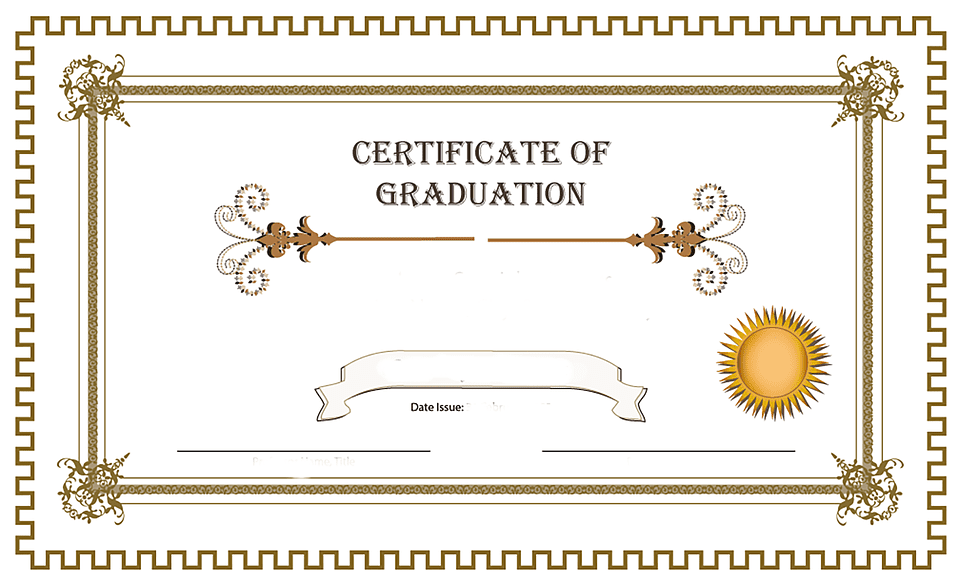One of the best — and worst — things about being a graduating high school senior are the choices you have when it comes to getting a college degree. A college degree is the best way to ensure you the highest earning potential and opportunity. The question is, what kind of degree should you get, and what should your area of studying focus be?
Degree types

There are quite a few degrees to choose from, depending on what you’re looking for. All of these degrees and certificates are useful, and many are available through accredited online and continuing education degree programs.
Professional certificate
If you know precisely what you want to, and if your dream job is a technical one, it may make more sense to pursue professional certification than an actual degree. With professional certification, you focus on learning the skills and information you need.
This type of study is much cheaper than getting a college degree; however it is also more limiting. It will prepare you effectively for the professional job you are interested in; but if your interests change or if you want to advance, you may have fewer options.
Associate’s degree
These are two-year degrees that you can pursue at community colleges, many four-year colleges, and vocational schools. There are some associate’s degrees that prepare you for entry-level positions in a career, such as an associate’s degree in nursing.
Other associate’s degrees allow you to get credits that you can apply to a bachelor’s degree. If an associates degree is accredited, you will be able to transfer to a four-year college and achieve your bachelor’s degree more quickly and cheaply than you could otherwise.
Bachelor’s degree
This is the typical four-year college degree that many people get after high school. This is the most popular degree among employers who look for college graduates as opposed to technically certified workers.
A bachelor’s degree has three parts. One part is general education in a variety of subjects. Then you will take courses in core subjects to prepare for the final part of your studies: special elective courses in the field you choose.
Advanced degrees
Some jobs, especially in business, law, and medicine, require advanced degrees. A master’s degree takes about two years to finish, and the most in-demand master’s degrees are in finance, computer science, business, and health. To start a master’s degree you must first have a bachelor’s degree.
A doctoral degree may take from two to six years to finish and is the most difficult degrees to earn. The most in-demand doctorates are in chemical, electrical, computer, and mechanical engineering. A professional doctoral degree is highly specialized and includes degrees like an M.D. or a law degree.
How do I choose?
There are some careers that are traditionally considered to be worth going into debt for, such as becoming a lawyer or doctor. This is because such careers are very expensive to qualify for, but pay well in the end.
If you have a passion for something like history, you want to think about how you could use that passion. You might consider becoming a teacher, and in that case majoring in education while minoring in history is probably smarter than getting a history degree outright.
If you want to teach surf lessons in Waikiki, you will want to take courses in surf coaching and first aid, earning a certificate that will let you work as a surf instructor, a lifeguard, or even diversify into kayaking instructor.
There are as many career directions as there are people, and while choosing the right one for you can be stressful, it’s also quite rewarding. Take your time, learn about your options, and then don’t be afraid to follow your dreams.





